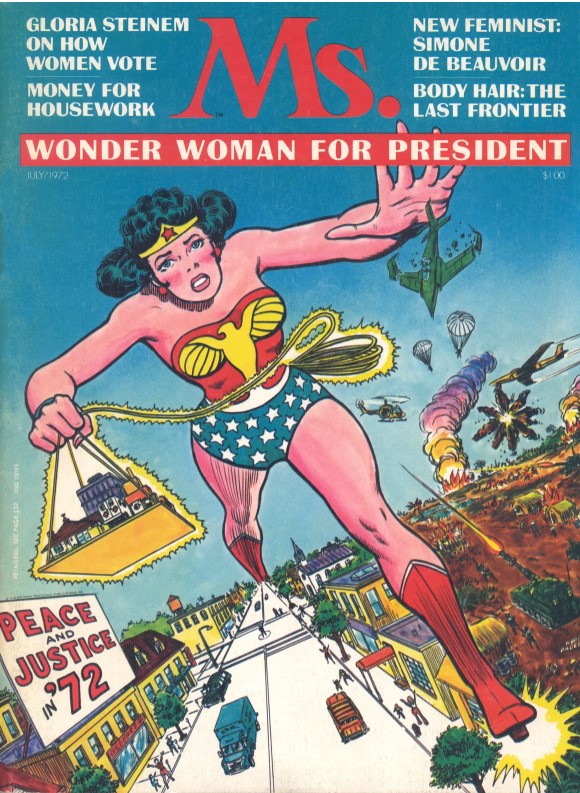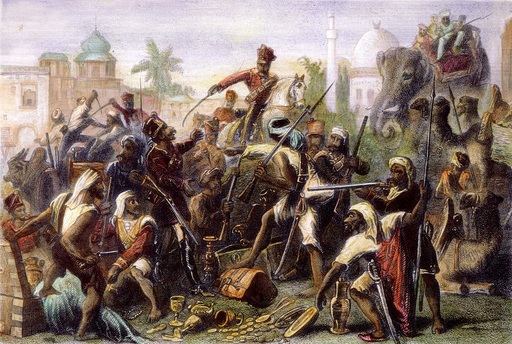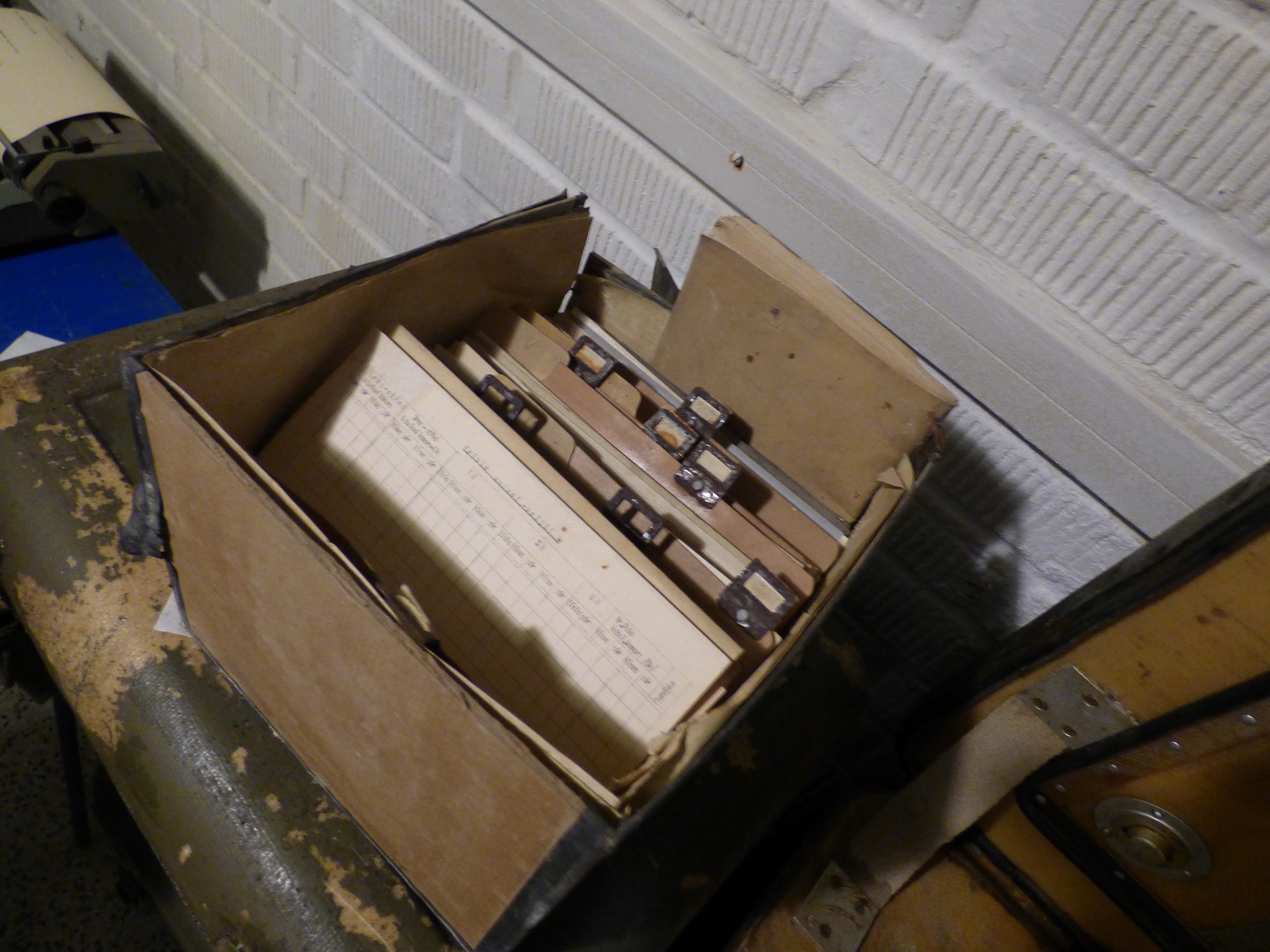Pop into the Library and get expert help finding information from primary historical sources as diverse as the Chatham House international relations archive, Mass Observation Online (1930s-1999), African-American Communities, political archives covering the Middle East, China and Japan and historical collections delving further back into the life and culture of 19th century Britain. Representatives from our online archive suppliers Gale and AM (formerly Adam Matthew) will share a table in the Library Atrium from 11am – 3pm next Wednesday 6 November.
Get help on finding primary research evidence for such specialist Humanities, Politics, and cultural resources, expert tips from the resource providers, and a great many freebie giveaways!












